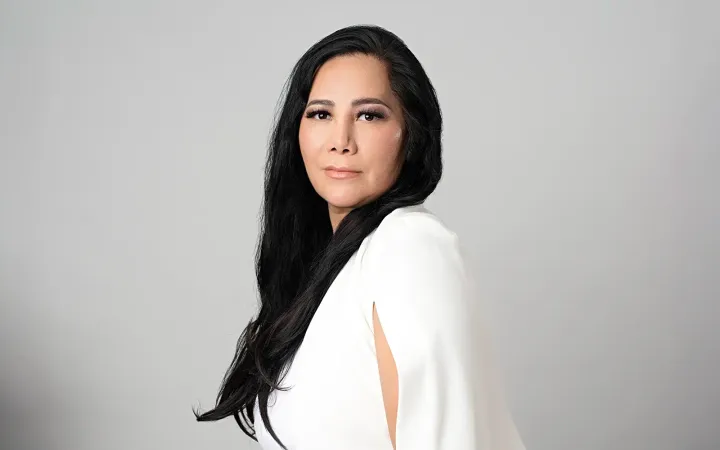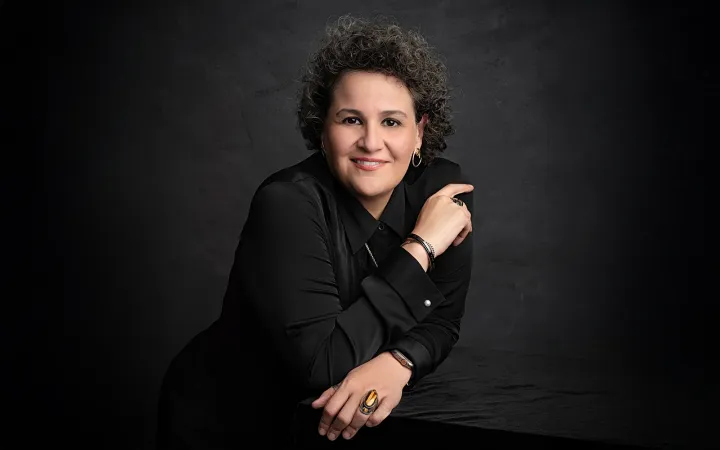
Por Marilú Acosta
El cerebro es un órgano bastante flojo y tiene ciertos mecanismos que le permite saltarse los procesos para que, en situaciones cotidianas y repetitivas, llegue a la misma conclusión. Es decir, aunque creamos que siempre pensamos, en realidad no, lo que sucede dentro de nuestro cerebro es que utilizamos caminos neuronales conocidos, ya muy utilizados y por eso repetimos conclusiones, sin realmente ponderar, analizar, cotejar, investigar, o incluir información nueva para procesar, razonar y concluir algo distinto. Podemos generar cierta novedad en algunos temas y sin embargo, en otros, comportarnos exactamente igual que lo que queremos cambiar.
Los derechos humanos, son derechos propios de todo ser humano. El único requisito para tener estos derechos es pertenecer a la especie humana, la cual tiene un amplio abanico de posibilidades de expresión, así como características de distinta índole. Ni la expresión, ni las características importan, porque lo único que interesa a estos derechos es que seamos humanos. Y estos derechos se basan en la dignidad. La palabra dignidad tiene como raíz latina dignitas - dignus y ésta a su vez proviene de la raíz indoeuropea dek- que significa acción de tomar o aceptación. Aceptarnos como seres humanos, tomar la humanidad es la base de los derechos humanos y a partir de ellos es que tenemos la posibilidad de desarrollarnos de forma integral, como personas.




